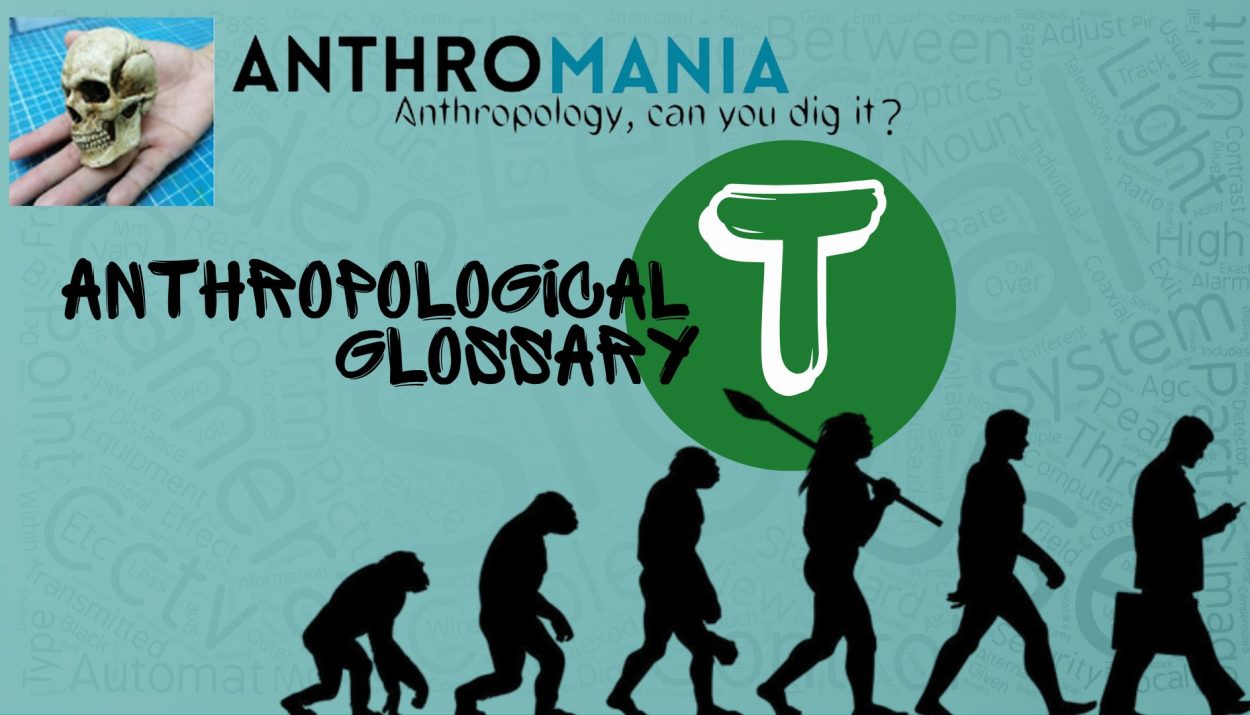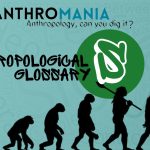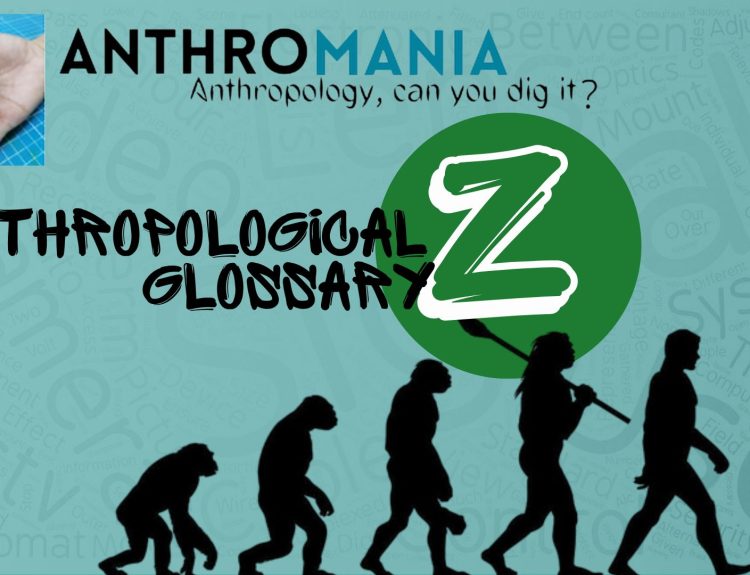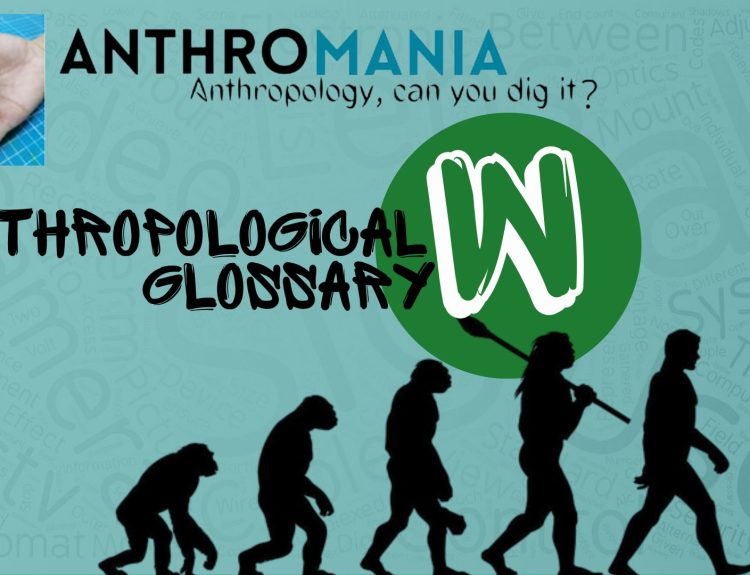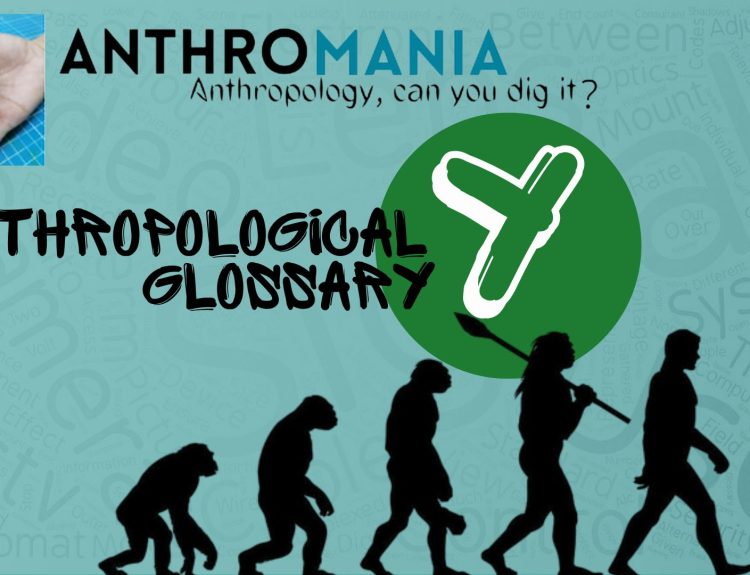Explore an extensive Anthropological Glossary (Letter T) covering a diverse range of terms, from “Taboo” and “Taphonomy” to “Tribe” and “Trust Network.” Gain insights into cultural anthropology, indigenous knowledge, and much more.
Taboo: A cultural prohibition or restriction on certain actions, behaviours, or objects, often with strong social or religious significance.
Taphonomy: The study of how organisms become fossilized and how the fossil record reflects processes of decay, preservation, and deposition.
Taqiyya: A religious concept in Islam that allows a person to conceal their true beliefs or identity, especially in situations where revealing them could lead to persecution or harm.
Tarascan State: An ancient Mesoamerican civilization that existed in what is now Mexico, known for its unique sociopolitical organization and cultural achievements.
Techno-Animism: A belief system that combines technological and animistic elements, where machines or technology are seen as having spiritual or animistic qualities.
Technological Determinism: A theoretical perspective that suggests that technology shapes and determines social and cultural change.
Technoscience: The interrelationship between science, technology, and society, where scientific advancements and technological innovations influence and shape one another.
Teknonymy: A naming system where individuals are referred to by the names of their children. In some cultures, people are identified by the names of their offspring, reflecting the significance of parenthood and kinship.
Teleology: The study of the purpose, goals, or aims of human behaviour, often used to understand the underlying motivations in cultural practices.
Teotihuacan: An ancient Mesoamerican city in Mexico, known for its monumental pyramids, religious significance, and complex urban planning.
Territoriality: The behaviours and practices through which individuals or groups establish and maintain control over a particular geographic area, often related to issues of ownership and identity.
Testimonial Literature: A type of ethnographic writing in which researchers present the personal narratives, stories, and experiences of individuals from the culture they are studying.
Textual Analysis: The examination and interpretation of written or visual texts, such as books, films, or other forms of media, to uncover underlying cultural and social meanings.
Theoretical Framework: A structured set of concepts, ideas, and assumptions that guide anthropological research and analysis, helping to frame research questions and interpret findings.
Thick Description: A method of ethnographic writing and analysis developed by Clifford Geertz, emphasising the detailed interpretation of cultural symbols, practices, and meanings within their broader context.
Third Gender: A concept found in various cultures, recognizing a gender category beyond the traditional binary of male and female.
Time Perception: How different cultures and societies perceive and organize time, which can vary significantly and impact social practices and scheduling.
Time-space compression: A concept that refers to how advances in technology and transportation have made the world feel smaller and more interconnected, reducing the perception of distance and time.
Tlingit: An indigenous people of the Pacific Northwest Coast of North America, known for their complex kinship systems and distinctive art and culture.
Tolerance: In cultural anthropology, the acceptance and respect for cultural differences and diversity, often in the context of intercultural or interethnic interactions.
Tonal Languages: Languages that use variations in pitch (tone) to distinguish between words or word meanings, such as Mandarin Chinese.
Toponymy: The study of place names, their origins, and their cultural and historical significance.
Totem: An emblem or symbol representing a group of people, such as a clan, tribe, or family, often in the form of an animal or plant.
Tourism Anthropology: The study of the impact of tourism on local cultures, economies, and environments, as well as the interactions between tourists and the communities they visit.
Traditional Knowledge: The accumulated knowledge, practices, and beliefs of indigenous or local communities, often passed down through generations and vital for their survival and cultural identity.
Read- Ethnomedicine- Traditional medicine system
Traditional Medicine: Indigenous or culturally specific healthcare practices and systems that rely on local knowledge, often involving the use of natural remedies and traditional healing methods.
Transculturation: The process by which different cultures interact and influence each other, often resulting in the adoption of elements from one culture by another.
Transgender: Individuals whose gender identity differs from the sex assigned to them at birth.
Transhumance: A type of pastoralism in which people move their livestock, often seasonally, between different grazing areas to optimize resource use.
Transnationalism: The idea that people, ideas, and cultures can transcend national boundaries, leading to increased interconnectedness and the blurring of cultural and social distinctions.
Treaty Rights: Legally binding agreements or contracts between indigenous peoples and government authorities, defining rights, land claims, and resource management.
Triangulation: A research method in anthropology that involves using multiple data sources or research methods to verify and cross-reference findings, enhancing the reliability of research results.
Tribalism: The strong allegiance and identification with a particular group, often a tribe or ethnic group, can lead to ethnocentrism and conflict with other groups.
Tribal Sovereignty: The self-governing authority and legal autonomy of indigenous tribes and nations, often recognized and protected by national governments.
Tribe: A social group typically smaller than a nation or ethnic group, often united by standard cultural practices, language, and social organization.
Trickster: A figure found in the mythologies and folklore of many cultures, known for their cunning and playful behaviour, often challenging societal norms and conventions.
Trobriand Cricket: A form of cricket adapted by the Trobriand Islanders in Papua New Guinea, which has both traditional and modern elements, reflecting cultural change and continuity.
Trust Network: A social network in which individuals or groups establish and maintain relationships based on trust, often important for resource sharing and cooperation.
Twin studies: Research method used in genetics and psychology to explore the role of genetics in human traits and behaviours. By comparing the similarities and differences between identical (monozygotic) and fraternal (dizygotic) twins, scientists can discern the extent to which genes and environmental factors contribute to various characteristics, such as intelligence, personality, and health.


